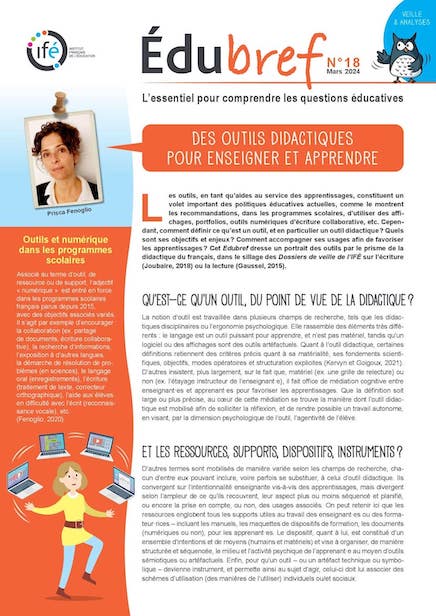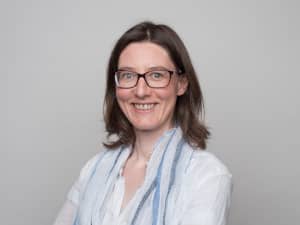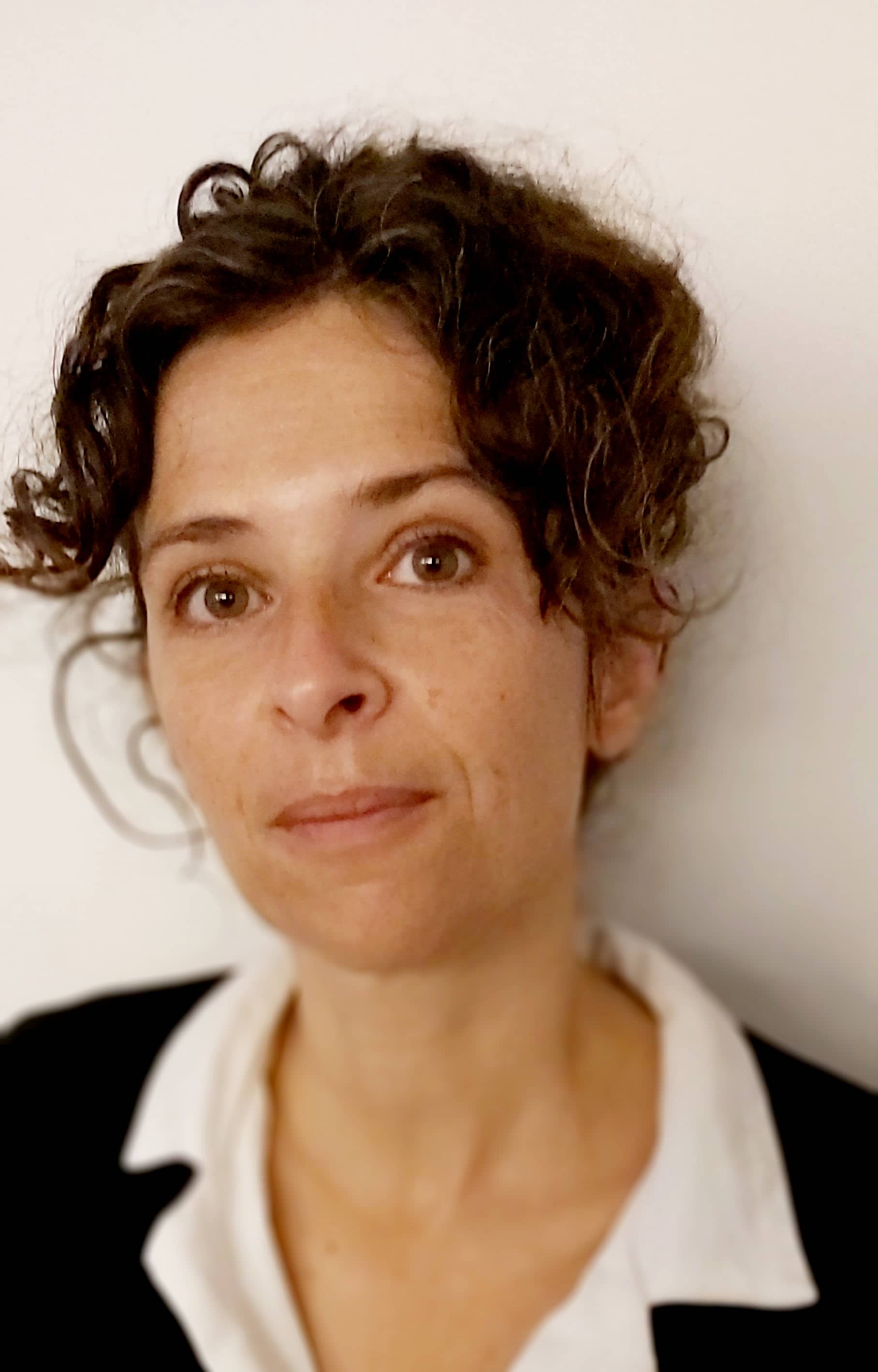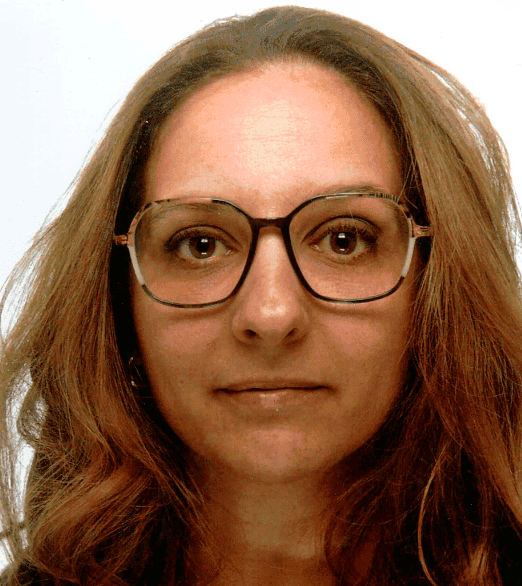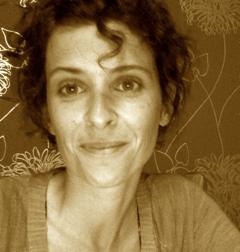11th International Euredocs Conference 2018 - Boundaries, identities and hybridity in Higher Education
Date : du 24-05-2018 au 26-05-2018
Lieu : Lyon
Organisation : European Research and Higher Education Doctoral Studies
Laboratoire de l’Éducation (ENS de Lyon)
Programme :
EUREDOCS is a network of European doctoral students working on issues related to the Europeanization of higher education and research. It aims to facilitate and enable more communication among doctoral students and new doctoral candidates and to promote publication and dissemination of research results and to facilitate exchange and mobility among young scholars in this field. EUREDOCS is an interdisciplinary network and accepts membership from doctoral students and recent doctoral candidates in sociology, political science, economics, history, and educational studies.
The 11th EUREDOCS Conference will focus on the theme: “Boundaries, identities and hybridity in higher education”. Over the last few decades, universities around the globe have been encouraged by policymakers to depart from traditional academic norms and models, whether by engaging with business interests, promoting interdisciplinarity, adopting new governance schemes, or developing strong international connections. The reconfiguring of symbolic, professional, disciplinary, organizational or geographical boundaries has become a recurrent theme in the higher education literature. On the one hand, these trends seem to have blurred once dominant categories in higher education and research, such as the distinction between basic and applied science, and paved the way for the emergence of hybrid practices and new academic identities that transcend traditional boundaries. On the other hand, however, one may question the scope and nature of such changes, as long-institutionalized boundaries are likely to persist over time. Taking the theme of boundaries and identities as a starting point, this workshop will focus on the coexistence, conflict or hybridization between different logics, norms and practices in the field of higher education and research. Papers may address the following sub-themes (the list is indicative and not exhaustive):
1) The (re)definition of boundaries in the production, dissemination and transmission of knowledge.
Academics have been increasingly encouraged to engage with industry, to develop inter- or trans- disciplinary approaches, and to integrate new forms of knowledge in their research and teaching activities. Does it affect – and to what extent – disciplinary identities, practices and norms? Are new patterns emerging in academic careers? How do these changes materialize (or not) into the construction of new research fields or academic specialties?
2) Institutional identities, governance schemes and organizational forms: Moving boundaries?
Over the last decades, higher education institutions in many countries have undertaken major organizational reforms, experimenting with new governance arrangements, sometimes borrowing models, managerial recipes or tools from other organizations, whether in the public or private sector. How do organizational models cross sectoral boundaries? How are they transferred, translated and implemented into academic settings? Are traditional, institutionalized boundaries and identities (e.g. teaching/research; academics/administrators…) challenged by these evolutions?
3) Hybrid arenas and boundaries in higher education policies
As Universities are called to serve an increasingly diverse set of missions, more actors are involved in higher education policy-making. The higher education sector is also facing major changes of policy scales, with more and more intertwined regional, national or global levels in the formulation of higher education policies. Key questions, then, are to understand the formation of hybrid policy arenas at multiple levels, the modes of coordination or cooperation of policy actors in various arenas, and also to shed light on the definition of the boundaries of their intervention.
Requirements: Being a doctoral student or having recently (not earlier than october 2016) defended your thesis and working on a topic concerning higher education and/or research.
Programme détaillé de la conférence
Session 1. Intersecting fields : Higher education and the labor market
14:00-15:00 : Gabriel Idalgo, Univ. Porto, Portugal, “The European Higher Education Area and the labour crisis : Repercussions of international mandates and policies in Portuguese universities”
Discussants : Svein Michelsen & Théotime Chabre
15:00-16:00 : Hanne Kvilhaugsvik, Univ. Bergen, Norway, “Labour market panels – rubber stamp or strategic unit ?”
Discussants : Julien Barrier & Taru Siekkinen
Session 2. On the spatial embeddedness of universities
16:30-17:30 : Sofya Kopelyan, Univ. of Twente, The Netherlands, “Identity work of regionally engaged academics”
Discussants : Christine Musselin & Carlos Azevedo
17:30-18:30 : Anna Medvedeva, Univ. of Helsinki, Finland, “Spatial dimensions of university internationalization”
Discussants : Vincent Carpentier & Marie Sautier
Session 3. Academic identities and managerial logics : Assessing the impact of university reforms
8:30-9:30 : Altynay Mustafina, Nazarbayev University, Kazakhstan, “Towards Deregulation of Higher Education in Kazakhstan : Critical Discourse Analysis”
Discussants : Antonio Magalhães & Michael Hannon
9:30-10:30 : Carmen Corona-Sobrino, CSIC and Polytechnic Univ. of Valencia, Spain, “The institutionalization of the evaluation research in Spain : Analysis of the impact in knowledge production practices”
Discussants : Georg Krücken & Aline Waltzing
Session 4. Hybridity in academic work and careers
11:00-12:00 : Marie David, Univ. Nantes, France, “Dissemination of a pedagogical convention at the university and blurring of disciplinary boundaries”
Discussants : Gaële Goastellec & Sofya Kopelyan
12:00-13:00 : Taru Siekkinen, Univ. of Jyväskylä, Finland, “Changes and Continuities in Academic Career Structures – Finnish universities as a living lab”
Discussants : Emmanuelle Picard & Teele Tonismann
Session 5. Questioning identity and change in higher education
14:30-15:30 : Carlos Azevedo, The Open University, UK, “An Exploration of Students Experiences and Identities within the Managerialised University”
Discussants : Svein Michelsen & Marie David
15:30-16:30 : Michael Hannon, Galway-Mayo Institute of Technology, Ireland, “Exploring the role of Institutional Identity in the process of re-designating Institutes of Technology (IoTs) as Technological Universities”
Discussants : Georg Krücken & Hanne Kvilhaugsvik
16:30-17:30 : Aline Waltzing, EHESS, France, “‘Autonomy and quality’ ? Changing identities of the Dutch universities’ association, 1985-2004”
Discussants : Christine Musselin & Altynay Mustafina
Session 6. Internationalization and institutional boundaries in higher education
9:00-10:00 : Teele Tõnismann, Sciences Po Toulouse, France and Tallinn Univ. of Technology, Estonia, “Internationalization of SSH and the interplay between different “contexts” –sociology in the Baltics”
Discussants : Gaële Goastellec & Carmen Corona-Sobrino
10:00-11:00 : Théotime Chabre, Aix-Marseille Univ. and Sciences Po, France, “Internationalisation in a context of non-recognition : the case of the Higher Education field in Northern Cyprus”
Discussants : Pauline Ravinet & Gabriel Idalgo
11:00-12:00 : Marie Sautier, Univ. Lausanne, Switzerland, “The National Policies of Internationalisation and Equality in Higher Education : How They Intersect at the Local Level”
Discussants : Antonio Magalhães & Anna Medvedeva
URL : http://triangle.ens-lyon.fr/spip.php?article7770
mot(s) clé(s) : enseignement supérieur, gestion d'établissement, métiers de l'enseignement supérieur et de la recherche, politiques éducatives



